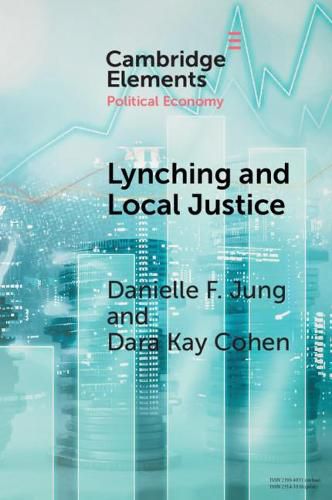What are the social and political consequences of poor state governance and low state legitimacy? Under what conditions does lynching - lethal, extralegal group violence to punish offenses to the community - become an acceptable practice? We argue lynching emerges when neither the state nor its challengers have a monopoly over legitimate authority. When authority is contested or ambiguous, mass punishment for transgressions can emerge that is public, brutal, and requires broad participation. Using new cross-national data, we demonstrate lynching is a persistent problem in dozens of countries over the last four decades. Drawing on original survey and interview data from Haiti and South Africa, we show how lynching emerges and becomes accepted. Specifically, support for lynching most likely occurs in one of three conditions: when states fail to provide governance, when non-state actors provide social services, or when neighbors must rely on self-help.





